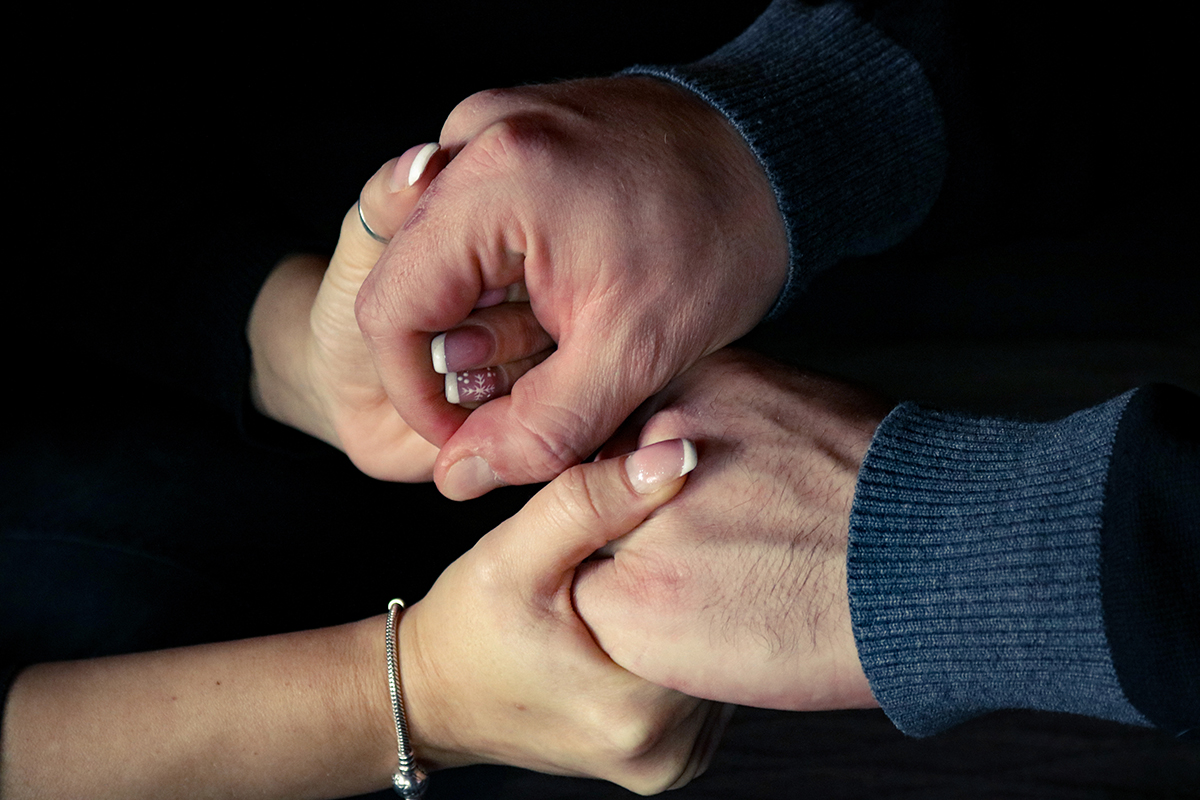Discovering that your partner has cheated can be devastating. It shatters trust, creates feelings of betrayal, and can leave you questioning your entire relationship. However, it doesn’t always have to mean the end. With commitment, communication, and a lot of patience, it’s possible to rebuild a relationship after cheating. In this comprehensive guide, we’ll delve into how to fix a relationship after cheating, providing you with a roadmap to healing and renewal.
Table of Contents
- Understanding the Betrayal: Why Infidelity Occurs
- The Emotional Impact: How Cheating Affects Partners
- Building Trust: A Crucial Step to Fix a Relationship After Cheating
- Effective Communication: How to Connect Emotionally
- Seeking Professional Help: Therapies That Can Help
- Healing and Renewal: Moving Forward After Cheating
Understanding the Betrayal: Why Infidelity Occurs
Before diving into how to fix a relationship after cheating, it’s essential to understand why infidelity happens in the first place.

Contrary to popular belief, infidelity is rarely about sex. Studies show that cheating is often a symptom of deeper personal and relationship problems. Some people cheat because of dissatisfaction in their current relationship, while others may be struggling with personal issues like low self-esteem or a fear of intimacy.
It’s also crucial to note that the reasons for infidelity vary greatly between individuals. Some people may cheat out of a desire for novelty or excitement, while others may do so because they feel neglected or unappreciated in their relationship.
Understanding these reasons can provide valuable insights into your partner’s actions and help you navigate the journey of healing and rebuilding your relationship.
The Emotional Impact: How Cheating Affects Partners
Now that we’ve explored why infidelity occurs let’s delve into the emotional impact of cheating and how it affects both partners.

Unsurprisingly, the immediate aftermath of infidelity is often marked by intense pain, confusion, and anger. The person who was cheated on may experience feelings of betrayal and rejection, while the person who cheated may grapple with guilt and regret. Both partners may find themselves questioning their relationship, their choices, and even their self-worth.
It’s important to remember that these feelings are entirely normal and valid. Cheating is a profound breach of trust, and it’s natural to feel a whirlwind of emotions after such a betrayal. The key to moving forward is acknowledging these feelings and working through them individually and as a couple.
Building Trust: A Crucial Step to Fix a Relationship After Cheating
Trust is the bedrock of any relationship, and after an affair, it is often severely damaged, if not completely shattered. Rebuilding trust is a crucial step in learning how to fix a relationship after cheating.

Regaining trust is not an overnight process. It requires consistent honesty, transparency, and accountability from the person who cheated. This may mean sharing passwords, checking in regularly, or making a concerted effort to be more open and communicative.
For the person who has been cheated on, rebuilding trust may involve expressing their feelings and fears without fear of judgment or criticism. It may also involve setting boundaries and discussing what actions or behaviors they need to see from their partner to begin restoring their trust.
Rebuilding trust is a long and often challenging process, but it is essential to fix a relationship after cheating.
Effective Communication: How to Connect Emotionally
Communication plays a vital role in any relationship, but it becomes even more critical when learning how to fix a relationship after cheating.

Effective communication involves more than just talking about your day or discussing practical matters. It requires both partners to express their feelings, needs, and concerns openly and honestly. It also requires listening – truly listening – to your partner’s perspective and validating their emotions.
Through effective communication, couples can resolve conflicts, address the root causes of the infidelity, and rebuild their emotional connection. This can be a challenging process, but it’s one that can lead to deeper understanding, empathy, and intimacy in the long run.
Seeking Professional Help: Therapies That Can Help
While some couples may successfully navigate the aftermath of infidelity on their own, many can benefit from professional help. Therapies can offer valuable tools and strategies on how to fix a relationship after cheating.

Individual therapy can provide a safe space for each partner to explore their feelings, understand their motivations, and learn healthier ways to cope with the aftermath of infidelity. Couples therapy, on the other hand, can facilitate open and constructive communication, help couples understand the underlying issues that led to the cheating, and guide them in rebuilding trust and intimacy.
When choosing a therapist, it’s important to find someone who makes both partners feel comfortable and understood. This could be a licensed psychologist, a marriage and family therapist, or a certified sex therapist.
Healing and Renewal: Moving Forward After Cheating
Healing after infidelity is a journey, and like all journeys, it takes time. This final section will focus on healing and renewal, which are key aspects of how to fix a relationship after cheating.

Healing involves forgiving not just your partner, but also yourself. It’s about accepting what happened, learning from the experience, and moving forward. This doesn’t mean forgetting about the infidelity or pretending it didn’t hurt. Instead, it means acknowledging the pain and using it as a catalyst for personal growth and relationship improvement.
Renewal, on the other hand, involves rebuilding the relationship and redefining it in a way that’s healthier and more fulfilling for both partners. This might involve setting new relationship goals, cultivating shared interests, or working together to create a stronger and more secure bond.
With time, patience, and effort, it is possible for couples to heal from infidelity and renew their relationship. The journey may be challenging, but the outcome can be a stronger, more resilient, and more fulfilling partnership.
In conclusion, rebuilding a relationship after cheating is not easy, but it is possible. With understanding, empathy, effective communication, professional help, and a focus on healing and renewal, couples can move past infidelity and create a stronger, healthier, and more satisfying relationship.








Leave a Comment